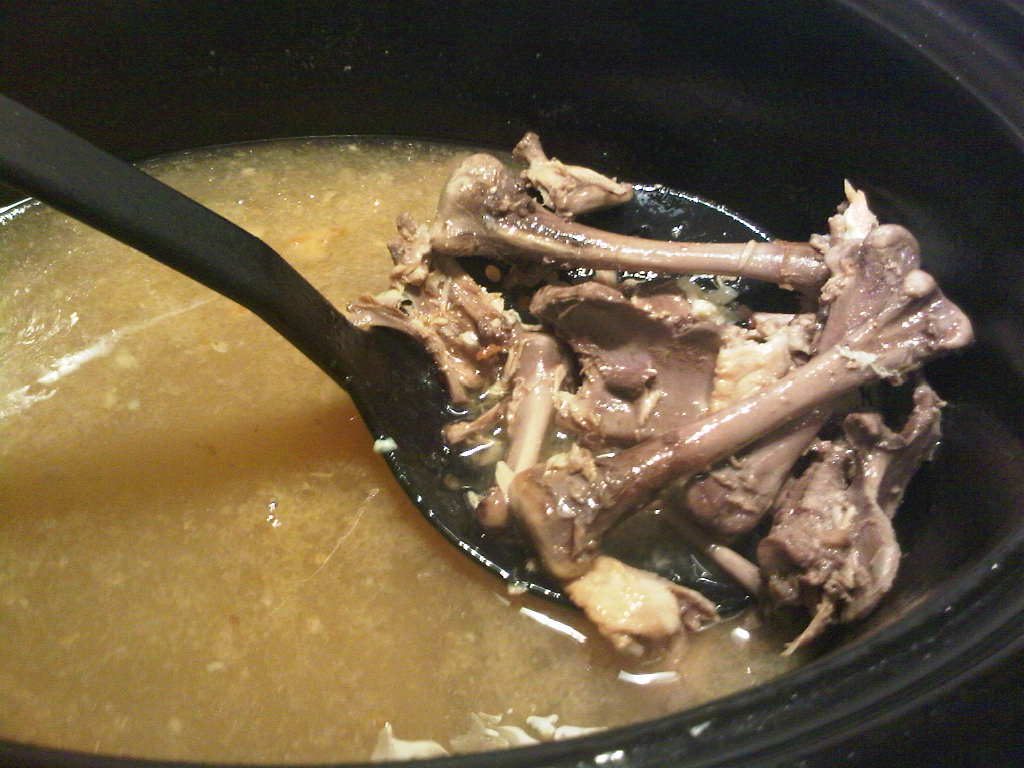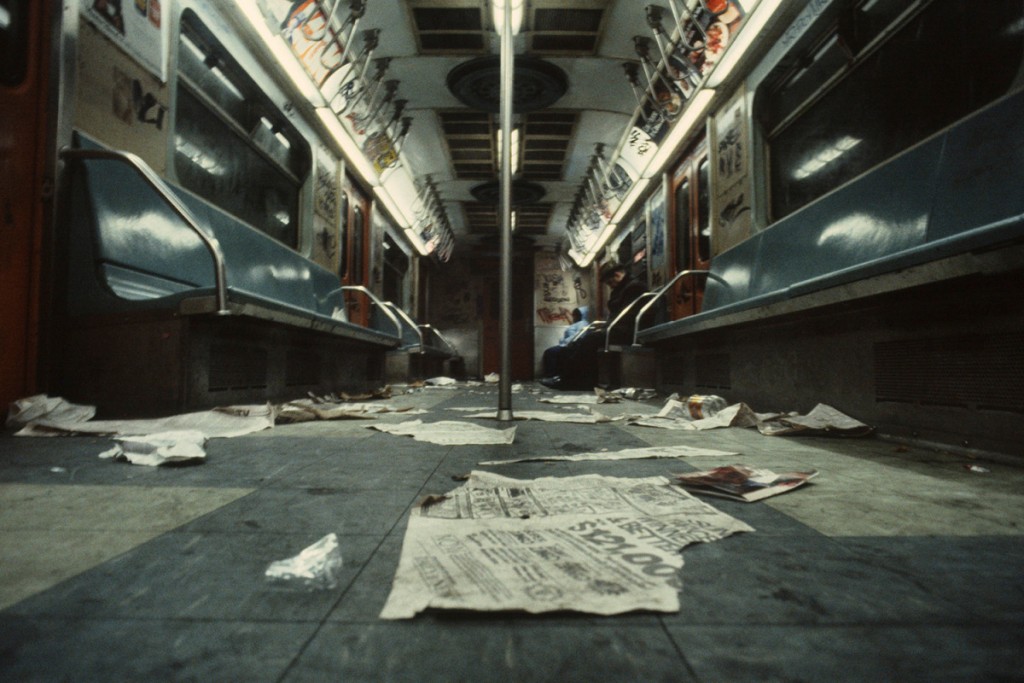Dying to love a game…Across the Margin presents a free excerpt from former professional basketball player Ian Johnson’s deeply affecting, vulnerable, and informative memoir, The Bounce and The Echo, the latest release from ATM Publishing…

Available NOW!
From Chapter 6…
For several minutes before Game 1 of the Hungarian Finals, against our opponent Pecs, I couldn’t catch my breath. This might’ve been nerves, or it might’ve been an actual dearth of oxygen, as Pecs had either overestimated the seating capacity of its arena or was paying the fire department to look the other way. I felt claustrophobic even on the court, the arena like a thundercloud, everything electrically charged.
For nearly every team that plays in a competitive league most anywhere in the world, the season ends with a loss. Every season I’d played in since high school had ended in failure: failure to win the Southern Conference tournament, failure to win the NIT, failure in the NCAAs, failure in the Czech Republic, failure in the playoffs with Norrkoping. I was used to a grim and glum locker room come a season’s final buzzer, and given that only one team can win a title at a time, most athletes, I imagine, are used to the same.
After warm-ups we retreated to the locker room for our final preparations.
“Let’s get these motherfuckers,” Nick said.
“Let’s get that money,” Charles chimed in.
“Let’s take what’s ours,” I added.
Coach Dzunic stepped up to address the team, but he didn’t have to say much. We could feel the hostility of the arena even down where we were, and we knew, or at least could sense, all that was at stake. We’d been thinking about this moment since February, when we’d won our first game together as a new unit and realized how good we could be.
Trophies, reputations, championship bonuses, future contracts, the feeling of general life satisfaction, the privilege of saying, “Yes, I won a championship,” at cocktail parties and backyard barbecues long after we’d retired — all of this was in play. We were either ready or we weren’t.
The pregame electricity hadn’t subsided when we retook the court. Our center and their center lined up in the middle of the circle, and the referee tossed up the jump ball. I won the tip, passed it to our point guard, Mike, and Game 1 was underway.
Most of the game was played in a state of heightened, palatable tension. We were nervous, the other team was nervous, the fans were drunk and crazy. But we were ready. At twenty-five, I was the youngest member of our starting five. All of us had taken a few laps around the track, so to speak, and our veteran professionalism and composure were unmatched. We were down double-digits at the start of the second half, but we used a big run at the start of the third to take the lead, and held on down the stretch. I hit the dagger with ten seconds left from almost the same spot where I hit the riot-sparking game winner in the semifinals against Falco ten days earlier. This time, however, the fans stayed in their seats, and we went home up 1-0.
Game 2 was at our place in Paks, and we hadn’t lost at home since the team was restructured five months earlier. This game was closer than the first, however, and we didn’t secure the win until we grabbed the rebound off their miss in the final seconds.
Game 3 was an easy win, at least compared to the first two. We were too physically disciplined and mentally tough to allow a team to come back from two games down in a best of five, and Pecs seemed to have given up. All we needed to do was execute, and we did. So as the final minutes of Game 3 of the Finals ticked down, a game we’d convincingly won to sweep the series, the lightness I felt as I ran out those final seconds was as much about not finishing the season with a loss as it was about securing the championship with a win. It was like discovering an extra room in your favorite home, full of strange family heirlooms you never knew were there.
Any meaningful success, however, is bittersweet. Bitter because what truly is sweet are the steps to the championship, not the glory in its wake. A trophy is just a trophy, a stylish molding of gold or platinum that means nothing until one confers upon it a certain value, and that value can only be measured by the toil and tears it took to earn it.
On the ride home from Pecs to Paks, bottles were emptied and new ones opened, the bus leaning precariously to one side as we circled and re-circled the roundabouts. Halfway home we stopped at a restaurant to buy more alcohol. The chartered buses carrying our fans stopped, too, and the trophy was filled with beer. Everyone sipped heartily from it, though I passed on the opportunity. So did Charles.
“Nasty,” he said.
“Yeah, man, gross,” I echoed, and we both giggled like little boys.
Foreign players in European leagues, particularly Americans, are typically the first to be blamed when a team fails. This is perhaps appropriate, as Americans are usually hired to be the team’s best players. When a team succeeds, however, the Americans don’t always receive credit to a corresponding degree, but this is likewise appropriate, as in most cases American players make more money than their European counterparts. They are also the most transient members of the team, the most eager to bolt for a better deal. But, inevitably, American players gravitate to each other, hoping for the best, and it is often with one’s fellow expats that the strongest bonds can be formed.
After practices in Paks, the other Americans and I would strap ice bags to our knees, sip Gatorade and discuss the important issues of the day. After the “big bonus” game, for instance, we discussed with some seriousness whether we should try to deliberately fall behind at halftime in future games, in hopes of luring the president back into the locker room with promises of more cash. When we weren’t being conspiratorial, we debated which CNN International anchors we most wanted to date (I was fond of Anjali Rao), whether the waiter at our meal-a-day restaurant ever flicked cigarette ashes into our food, and at what age and in what fashion each of our Hungarian teammates had lost his virginity.
One topic we never discussed was the way our relationship with each other affected our play. Did our chumminess bring out the best in each other? Correlation is obviously not causation, but my best seasons as a pro were the seasons when I got along best with my American teammates, when I played less for the coach or the fans and most for the brothers with whom I shared a nationality. And with no team throughout my career did I play better than I did in Paks. Maybe feeling like I deserved success wasn’t such a big mystery after all. Maybe it was simply finding teammates whom I wouldn’t dare let down.
Read More — Order you copy today!





